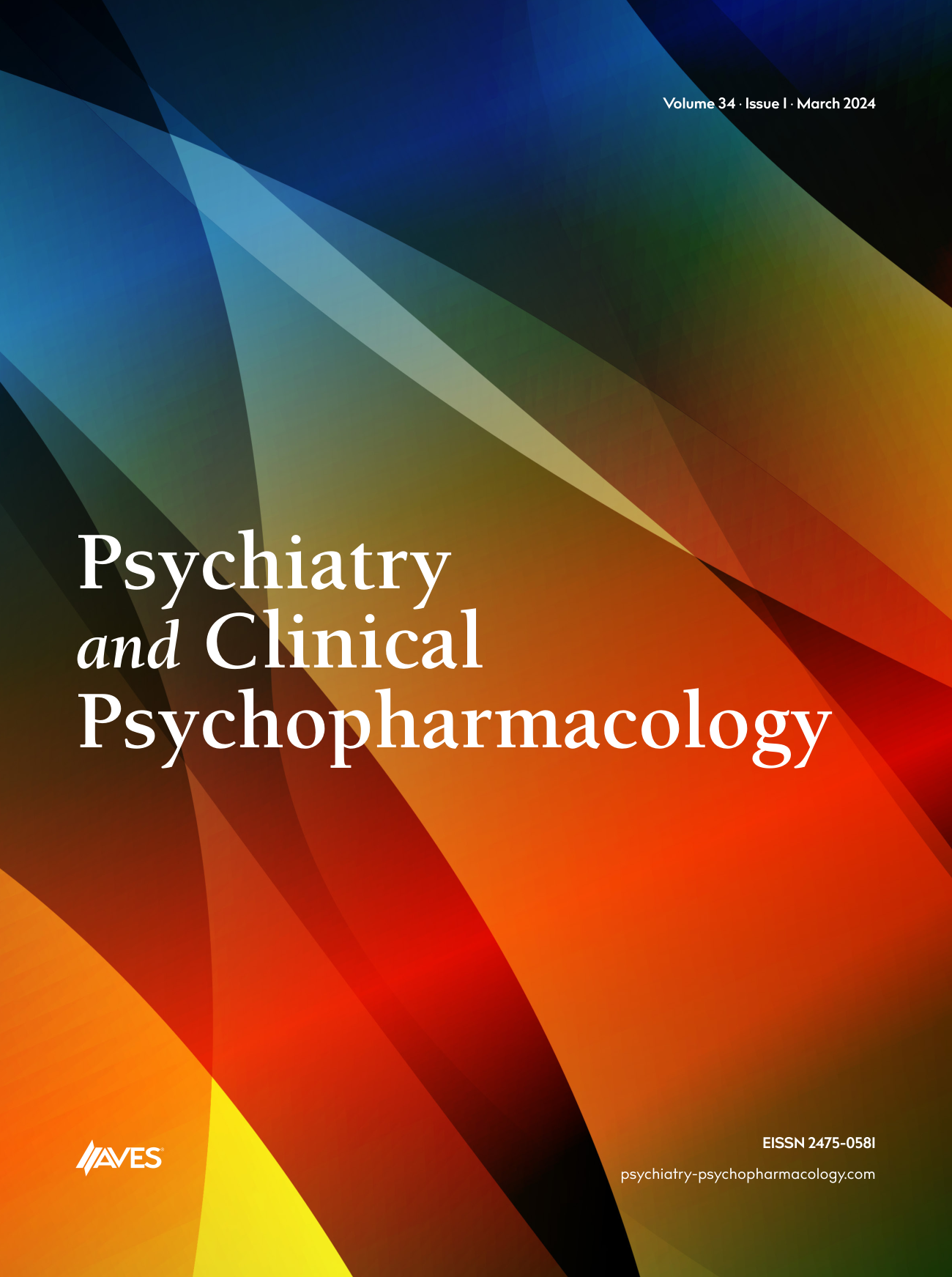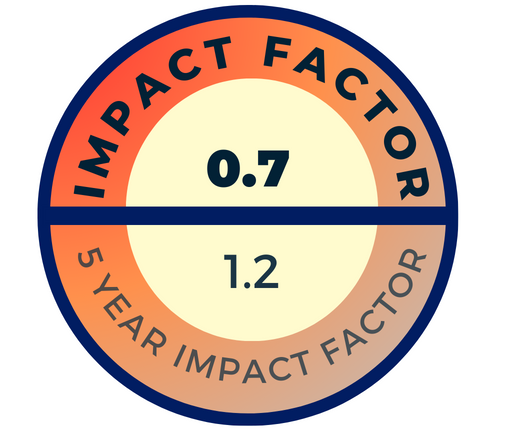INTRODUCTION: It is considered that schizophrenia is caused by a combination of multiple elements, such as genetic, biological, environmental, and psychological factors. According to this view, people may have a genetic predisposition for schizophrenia, but the disease may not emerge if some other factors are not added. Among these factors are birth complications that can cause mutagenesis or a change in gene expression, biological factors such as nutrition, and to a lesser extent certain environmental impacts including psychological factors. The endocannabinoid system contributes to the regulation of memory, cognition, emotion, and stress. In addition, it contributes to a spectrum of personality traits in normal individuals and a susceptibility to mood disorders. Endogenous cannabinoids have been found to be higher in the cerebrospinal fluid of schizophrenic patients1 . It has been reported that endocannabinoids cause GABAergic inhibition and dopaminergic increase in the mesolimbic and nigro-striatal systems, which play a role in the neurobiology of schizophrenia2 . There are limited studies about CNR-1 gene polymorphism in schizophrenia. In this study, we investigate cannabinoid receptor 1 (CNR1) gene polymorphisms in schizophrenia patients.
METHODS: CNR1 gene polymorphisms were studied in 66 schizophrenia patients and 65 healthy controls. To obtain genomic DNA, proteinase K digestion and salt-chloroform method were used. Clinical Global Impression severity scale (CGI-S) and Positive and Negative Syndrome Scale (PANSS) were administered for evaluating the severity of schizophrenia symptoms. CNR1 gene polymorphism has been determined by using polymerase-chain- reactions (PCR), Restriction Fragment Length Polymorphism (RFLP), and SSCP (Single Strand Conformation Polymorphism) methods for the Rs6454674, Rs806368, and Rs1049353 sites.
RESULTS: There was no difference in CNR 1 gene polymorphisms between schizophrenia patients and control groups (Rs6454674 T/G; p=0.973, Rs806368 T/C; p=0.349, Rs1049353 A/G; p=1). CGI-S, PANSS total, PANSS positive, PANSS negative and PANSS general psychopathology scores were significantly lower in schizophrenia patients with RS6454674 polymorphism than non-polymorphism.
CONCLUSION: Various theories have been proposed to explain the relationship between cannabis use and schizophrenia. It has been suggested that patients with schizophrenia use cannabis for self-medication, or that psychosis arises as a result of the use of cannabis, or that there are genetic and biological similarities between schizophrenia and cannabis use disorder. Considering this data, it is hypothesized that the endocannabinoid system (ECS) has a role in schizophrenia. In accordance with this hypothesis, endocannabinoid levels were studied in cerebrospinal fluid (CSF) and blood of schizophrenia patients. These studies show increased cannabinoid levels in CSF and blood of schizophrenia patients, and it is suggested that ECS alterations take a part in the pathophysiology of schizophrenia. Nevertheless, genetic studies have not shown this relationship conclusively. CNR genes are studied with various methods in schizophrenia. But results are conflicting and do not support clearly the relation between ECS and schizophrenia3 . However, the result clarified that use of cannabis is a risk factor for onset of schizophrenia especially in vulnerably people4 . We also found that there were no differences in CNR1 gene polymorphisms between schizophrenia patients and healthy controls. Our finding is consistent with previous studies which did not find any relationship between CNR1 gene polymorphisms and schizophrenia5 . In conclusion, the results suggested that there may be an association between CNR1 gene polymorphisms and clinical symptoms and disease severity in schizophrenia patients.



